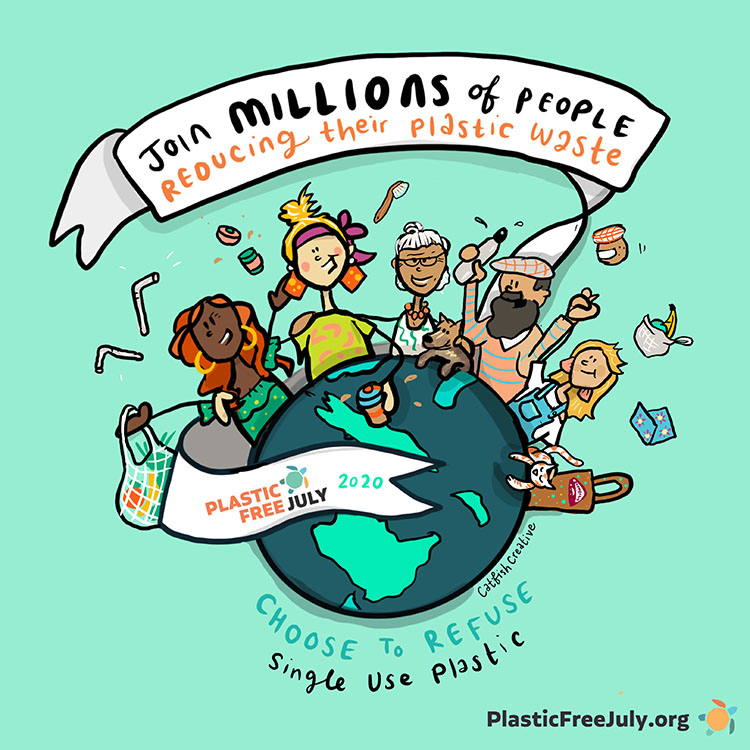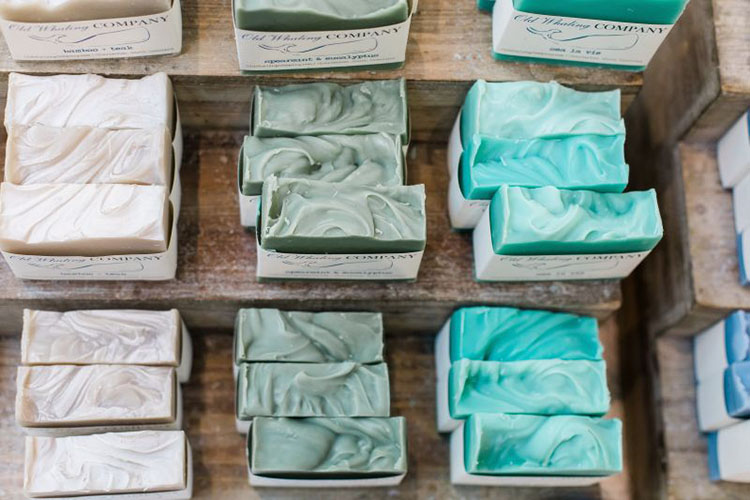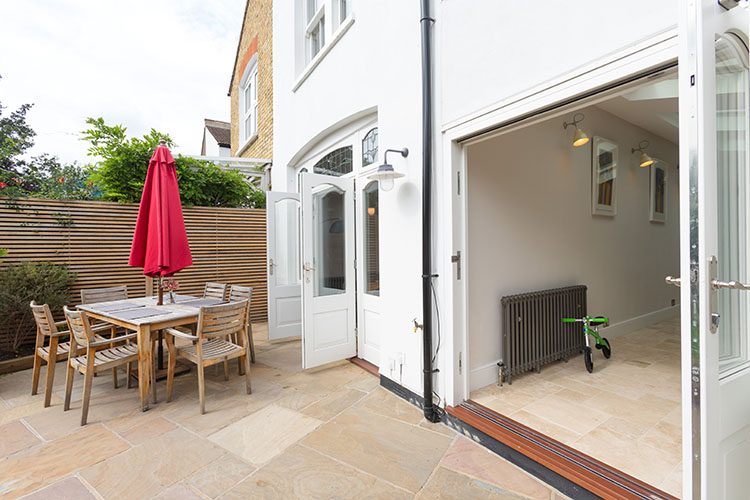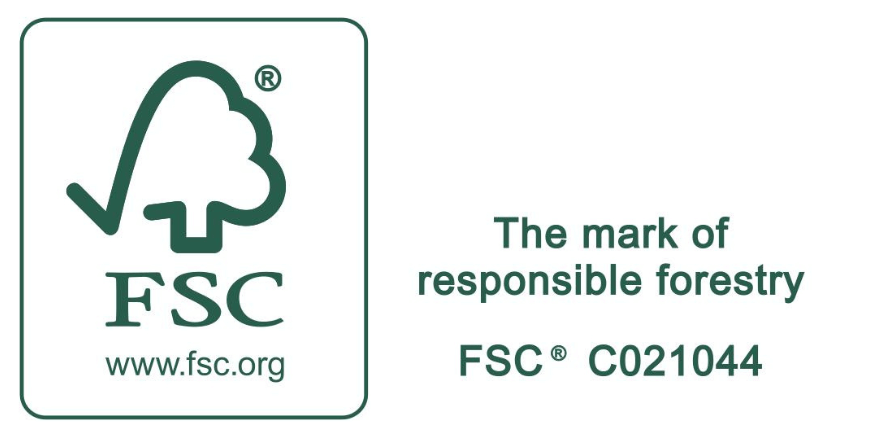July 21, 2020
Read our advice on reducing the amount of plastic you use so that we can move towards a healthier, plastic free planet.
It’s Plastic Free July
Did you know July is plastic free month? Plastic Free July have been campaigning since 2011 for a plastic free world, encouraging people to ditch plastic for a month so that they can live a greener lifestyle for good.
In this article to celebrate Plastic Free July, we’re sharing tips on how to reduce the amount of plastic you use in your daily life.
Ditching the plastic
It’s no secret that single-use plastics are a massive problem for the environment. Once thrown away, they clog up landfill sites, pollute the oceans and endanger wildlife. It’s widely agreed that we need to drastically cut our reliance on single-use plastics and, ideally, eliminate them altogether.
It’s an ambitious and difficult task to achieve this around the world, but if each individual takes the right steps to go plastic-free, together we can make huge global improvements. While it might seem daunting, following these simple steps can set you on a plastic-free path today.
Avoid plastic packaging
Modern packaging typically comprises one or more layers of single-use plastics, which are difficult to reuse and often impossible to recycle. But there are ways to avoid plastic packaging, and doing so may well encourage companies to reevaluate their packaging standards.
- Use a reusable coffee cup instead of disposable ones.
- Shop at farmer’s markets, greengrocers and other small produce suppliers where paper packaging is more likely to be used.
- Use reusable canvas shopping bags instead of plastic ones.
- Ditch plastic straws. Reusable bamboo alternatives are much better, and you can take them with you to bars to use instead of the plastic ones provided.
- Use a BPA-free refillable water bottle instead of buying bottled water. Some companies now provide water in cardboard and aluminium packaging, which are much better alternatives because they can be recycled. However, it’s still best to stick to a reusable bottle where you can to reduce the amount of packaging being produced and disposed of.
- Choose brands that use recycled and recyclable packaging. Boycott those who don’t.
Choose sustainable products
Plastic is hidden in countless products, and in some cases you probably never even knew it was there. Fortunately, many companies are dedicating themselves to producing plastic-free alternatives.
- Use biodegradable cotton buds and wooden toothbrushes.
- Use soap and shampoo bars instead of bottled fluids.
- Invest in a reusable razor instead of using disposable ones.
- Make your own shaving gel; Friends of the Earth have a great recipe.
- Buy sustainable loo roll.
- Refill washing up liquid bottles and other cleaning bottles.
- Use plastic-free sponges.
- Store food in glass containers instead of using plastic wrap.
- Use face cloths and flannels instead of disposable wipes.
Develop plastic free habits
We’re so used to seeing plastic everywhere that it takes a conscious effort to avoid it. You can do this more easily by developing healthy habits in your day-to-day life.
- Ask your takeaway pizza restaurant not to use the little plastic table. It’s there to stop the lid of the pizza box touching your pizza, but it’s otherwise useless!
- Drink more water. Sodas and juices are often packaged in plastic bottles. Get in the habit of drinking tap water instead.
- Buy wine with a natural cork. The glass bottle is recyclable but plastic corks are not. Also, cork forests are becoming endangered, and we can support them by choosing natural corks.
- Cook from scratch. Ready meals and takeaways use loads of plastic packaging. Avoid this by cooking as many meals as you can from fresh ingredients. It’s also better for you!
- Keep a canvas shopping bag in the car so you never have to use a plastic bag in an emergency.
- Get your milk in reusable glass bottles. Sometimes the old ideas are the best!
- Use natural cleaning products like vinegar, lemon juice and baking soda.
- Drink loose leaf tea. Tea bags are one of those sneaky products that contain hidden plastics, but by drinking loose leaf tea stored in a reusable tin, you can really make a difference.
Use alternative materials
There are plenty of great alternatives to plastic that you can use in all aspects of your life. Try some of these suggestions to cut your plastic consumption.
- Fabric. Mesh fabric produce bags are a great alternative to the little plastic bags provided by supermarkets. You can wash and reuse them, and take them to the supermarket to carry your fruit and veg. Some supermarkets are starting to provide them.
- Silicone. Silicone is a great alternative to plastic, especially in the kitchen, because it’s reusable, sanitary, heat-proof and easy to clean. Silicone steaming bags are great for cooking healthy vegetables, and silicone moulds are perfect for baking cakes and muffins.
- Glass. Glass bottles and containers are a much more sustainable option than plastic. They last longer, are easier to reuse, they look and feel nicer, and they can be recycled at the end of their life.
- Eco-fibre. Made from a by-product of wheat, eco-fibre is fully compostable, making it a great material for disposable plates and cups. While it’s always better to use reusable plates and cups, sometimes that isn’t possible, and eco-fibre is a great alternative.
- Metal. Stainless steel containers, scissors and other items last a lot longer than plastic versions and are easier to dispose of. Aluminium is infinitely recyclable so is a great alternative to plastic containers.
- Timber. Wood is a natural resource with a long lifespan. When farmed from sustainable forests, it has a great ecological profile, because it lasts a long time, looks beautiful and is easy to reuse.
Around the home
You can cut down the world’s plastic deficit by making conscious choices in your home design.
- Use timber instead of plastic for doors and windows. Timber frames have a longer life, are more sustainable and are more easily recyclable than uPVC. Studies have shown that not only is timber a better option for the planet, it can also save you money in the long term, making it a sound investment.
- Use a recyclable insulation material. Sheep’s wool has great insulating properties, is safe to handle and is completely natural. If you end up with excess, the birds can use it to line their nests!
- Reuse materials. You can easily get hold of used timber boards, which are great for constructing a shed or out-house, and a better option than buying new. You can even find whole windows that people have discarded, which still have plenty of life in them! See what you can build with reused materials.
In your lifestyle
No matter how dedicated you are to cutting plastic out of your life, it’s really hard to do so completely. But there are still things you can do to help the planet.
- Campaign against plastic use. Let your MP know that this is an important issue. Encourage supermarkets to provide greener packaging alternatives. Get involved in initiatives like Plastic Free July.
- Prove that plastic doesn’t have to be single-use. There are lots of ways to reuse plastic if you’re feeling a bit creative.
- Follow companies and people who are also trying to reduce plastic consumption. Social media can be a great source of knowledge, and by supporting people who share your aim to go plastic free we will eventually change the way the world uses plastic.























